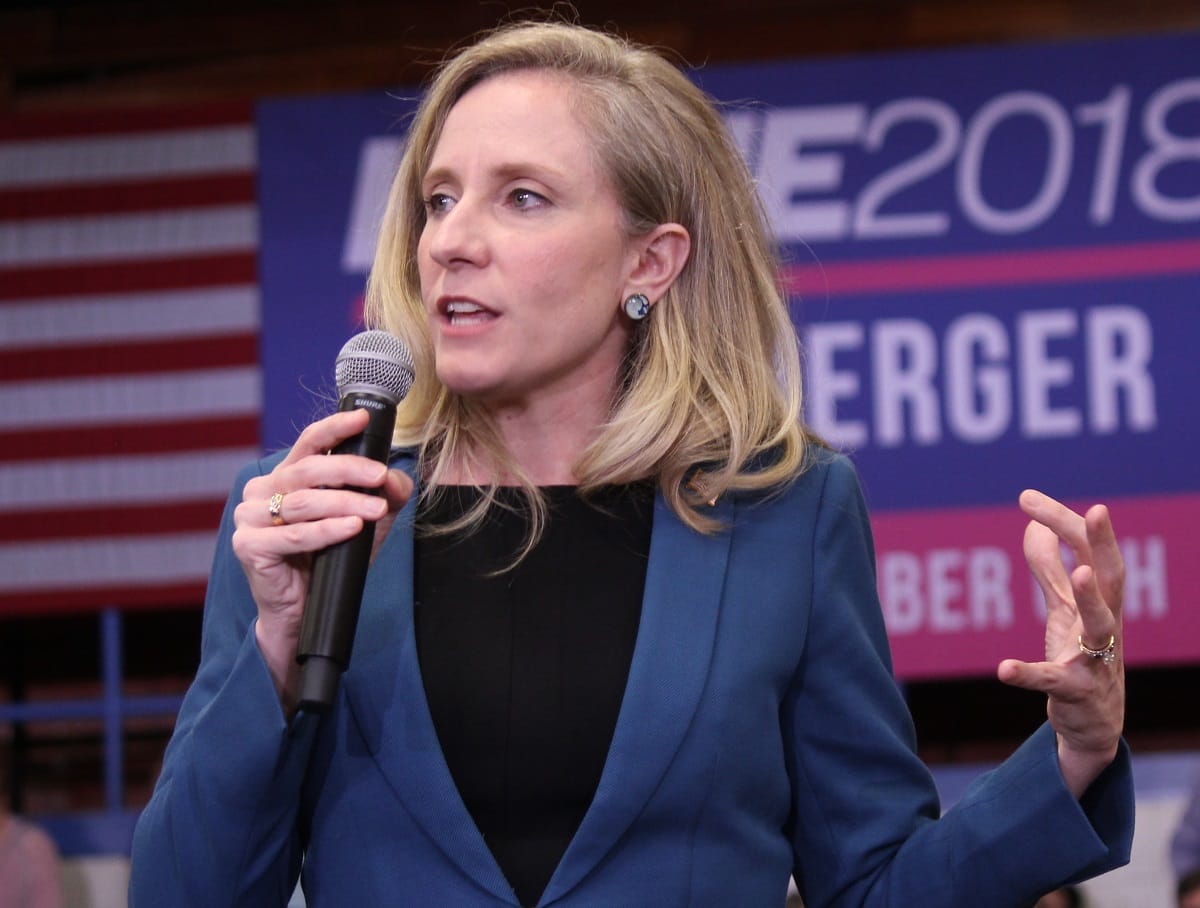Poor Broadband Maps and Lack of a Consolidated Voice Hinder Advocacy for Better Rural Internet
While there are helpful strategies to deploy rural broadband on the local level, significant barriers persist, said panelists at a local meeting on broadband in Disputana, Virginia, hosted by local members of Congress Reps. Donald McEachin and Abigail Spanberger, and livestreamed on Thursday afterno









Member discussion